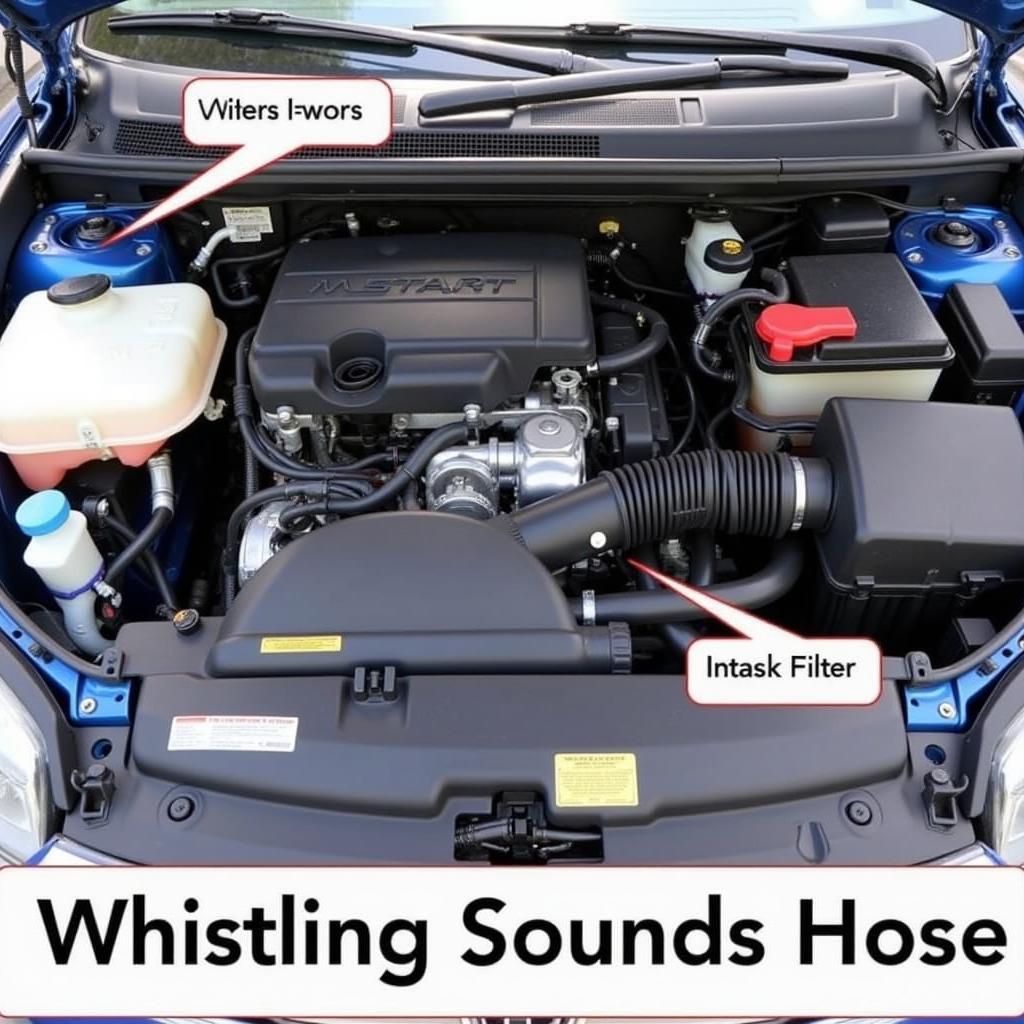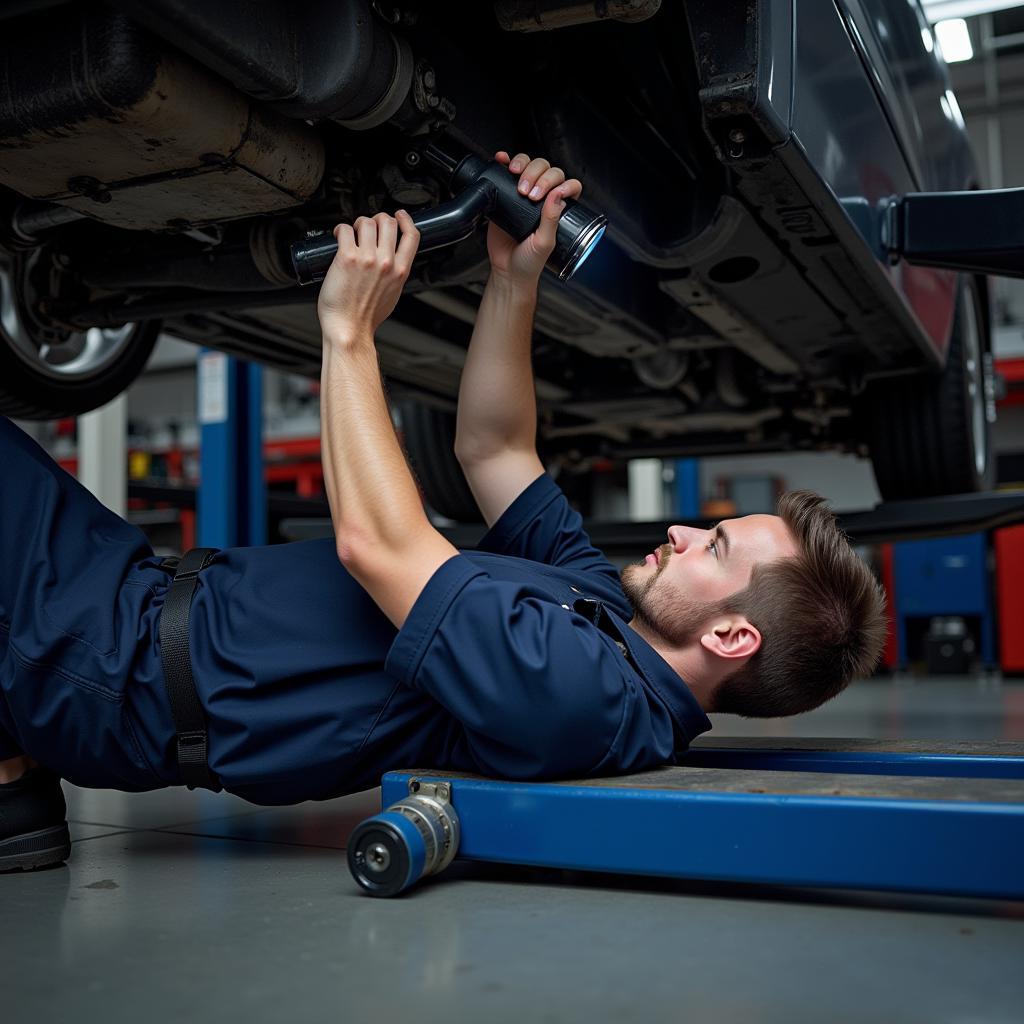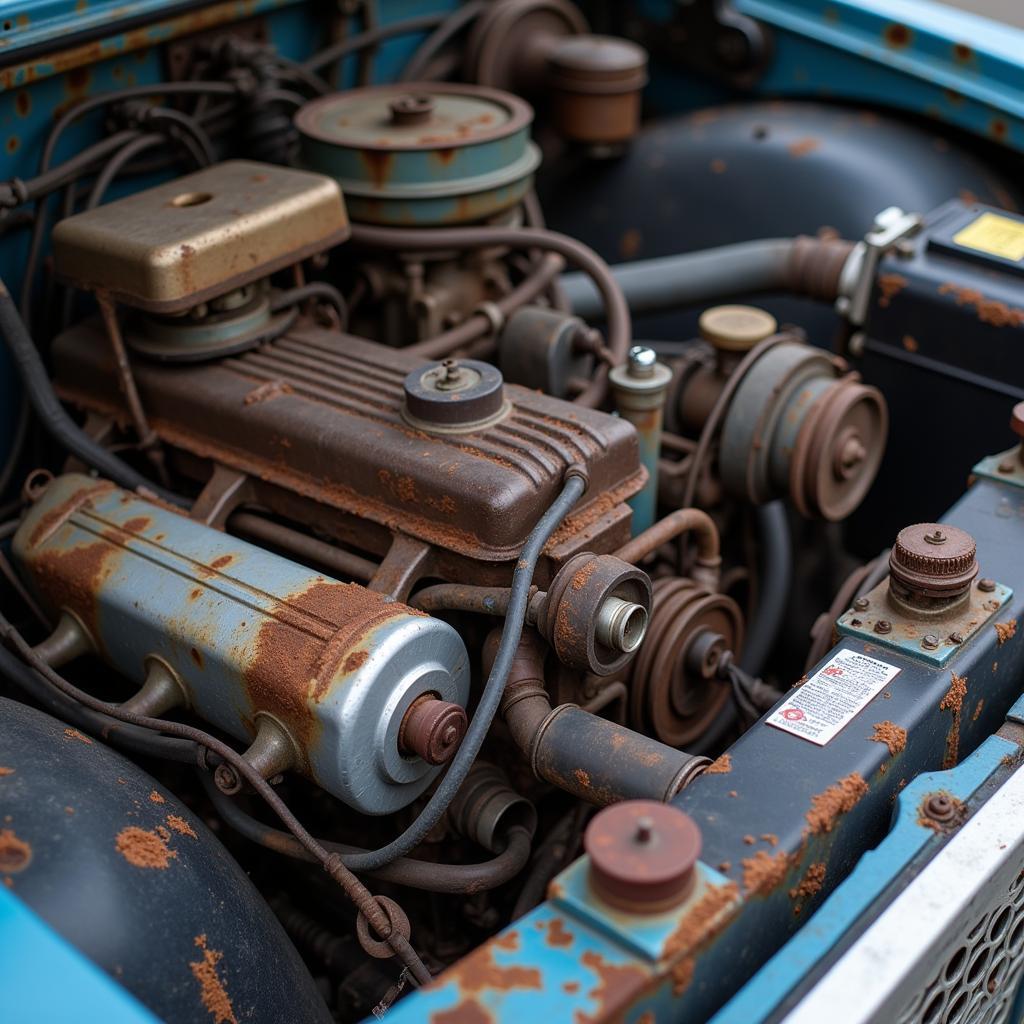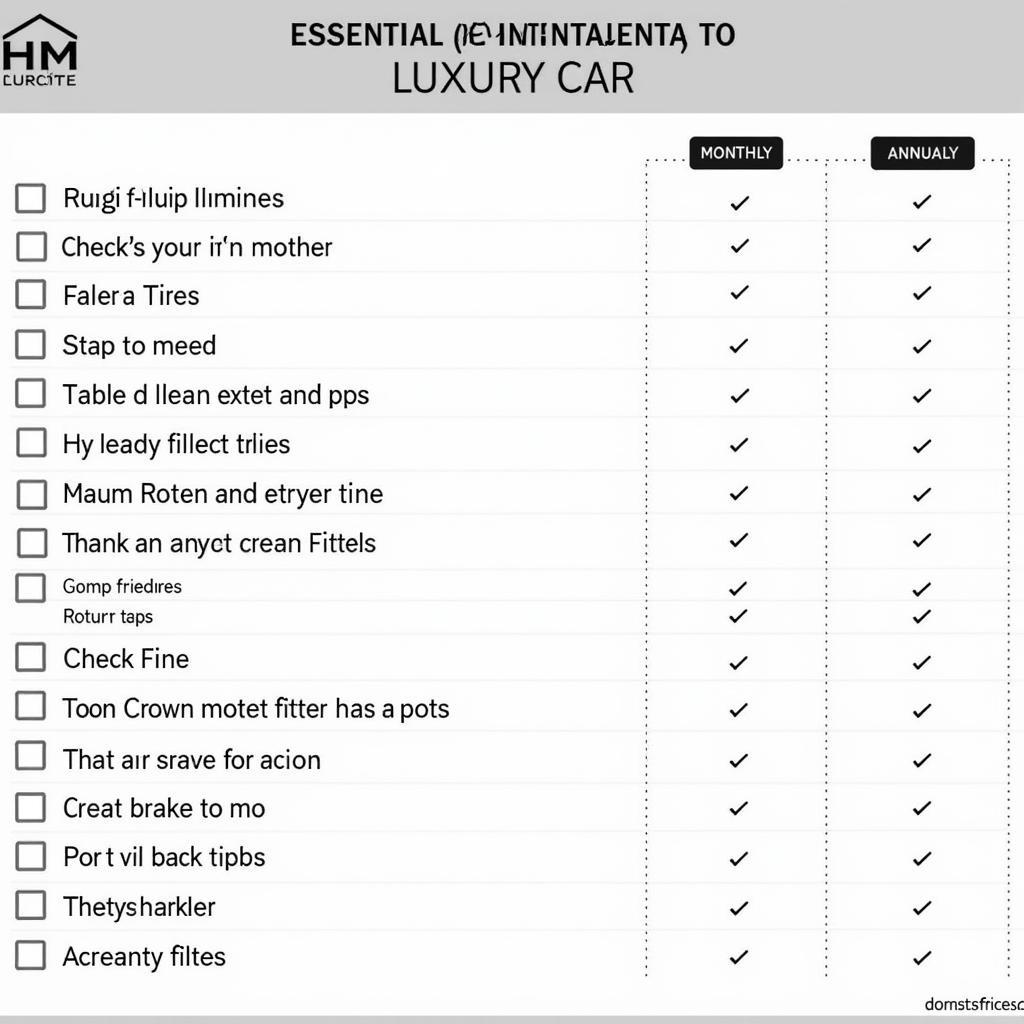Have you ever been driving down the road and suddenly heard a strange noise coming from your car? Maybe it’s a grinding sound, a clicking sound, or a whistling sound. Whatever the sound may be, it’s important to address it quickly to prevent further damage to your car. In this article, we’ll discuss some of the most common car sound effects, their causes, and how to fix them.
Understanding Car Sounds: A Troubleshooting Guide
Car noises can be an early indicator of underlying issues. Understanding what they mean can help you take proactive steps to maintain your vehicle.
Grinding Sounds
What’s the issue?
Grinding sounds are often associated with the brakes. This could mean that the brake pads are worn down and need to be replaced. It could also indicate a problem with the rotors.
What to do?
- Inspect the brake pads: Check the thickness of the brake pads. If they are worn down, they need to be replaced.
- Inspect the rotors: If the rotors are scored or warped, they will need to be replaced or resurfaced.
Clicking Sounds
What’s the issue?
Clicking sounds can be caused by a variety of factors, including:
- Suspension issues: Worn-out ball joints or tie rod ends can cause clicking sounds.
- Steering linkage: A loose steering linkage can also produce clicking sounds.
- Wheel bearings: Worn-out wheel bearings can cause clicking or grinding sounds when turning.
What to do?
- Inspect the suspension components: Check for any loose or worn-out parts.
- Inspect the steering linkage: Make sure the steering linkage is tight and secure.
- Inspect the wheel bearings: If the wheel bearings are making noise, they will need to be replaced.
Whistling Sounds
What’s the issue?
Whistling sounds can be caused by a variety of factors, including:
- Leaking air: A leak in the engine air intake system or the exhaust system can cause whistling sounds.
- Loose belts: A loose serpentine belt can produce a whistling sound when the engine is running.
- Defective brake booster: A damaged brake booster can cause a whistling sound when the brakes are applied.
What to do?
- Inspect the air intake and exhaust system: Check for any leaks or damage.
- Inspect the serpentine belt: Make sure the belt is tight and secure.
- Inspect the brake booster: If the brake booster is damaged, it will need to be replaced.
 Car engine with air intake highlighted
Car engine with air intake highlighted
“My car is making a weird noise, what should I do?”
“The first thing you should do is try to identify the source of the noise,” advises automotive expert, [Mark Johnson, a certified mechanic with 15 years of experience]. “Once you know where the noise is coming from, you can start troubleshooting.”
Why are Car Sounds Important?
- Early Warning System: Sounds can be a key indicator of potential problems.
- Safety: A loud, unexpected sound could mean you have a safety issue with brakes or steering.
- Preventative Maintenance: Addressing a sound promptly can help prevent a minor problem from becoming a costly repair later.
Additional Tips:
- Listen Carefully: Pay attention to when the noise occurs – while accelerating, braking, turning, or at idle.
- Record the Sound: If possible, try to record the sound with your phone.
- Consult a Professional: If you’re unsure about the cause of the noise, don’t hesitate to take your car to a mechanic for a diagnosis.
 Mechanic inspecting car undercarriage
Mechanic inspecting car undercarriage
Finding a Mechanic:
If you need to get your car fixed, it’s important to find a reputable mechanic. Ask friends and family for recommendations, or check online reviews. Here’s where to find reputable mechanics in your area.
Conclusion
Fixing Car Sound Effects is important for maintaining your vehicle’s safety and reliability. By understanding the potential causes of various noises, you can take proactive steps to prevent serious problems. Remember, if you’re unsure about the cause of a noise, don’t hesitate to consult a qualified mechanic.
For any questions or assistance with your car’s sound issues, contact us at +1 (641) 206-8880 or visit our office at 500 N St Mary’s St, San Antonio, TX 78205, United States. We’re here to help keep your car running smoothly!
FAQ
Q: What is the best way to record a car sound?
A: Use a phone’s voice recording app and place the phone near the source of the noise, or in the driver’s seat to capture a general audio recording.
Q: How often should I check for brake pad wear?
A: It’s recommended to check your brake pads every 6 months or 5,000 miles.
Q: What are some other common car sounds and their causes?
A: Other common sounds include:
- Squealing: This could indicate worn brake pads, a loose belt, or a problem with the power steering system.
- Rattling: This could indicate a loose heat shield, a problem with the exhaust system, or a worn suspension component.
- Knocking: This could indicate a problem with the engine, such as a bad spark plug, a worn timing chain, or a failing connecting rod bearing.
Q: How can I prevent car sounds from developing?
A: Regular preventative maintenance, including oil changes, air filter replacements, and brake inspections can help prevent many common car sounds.






Leave a Reply